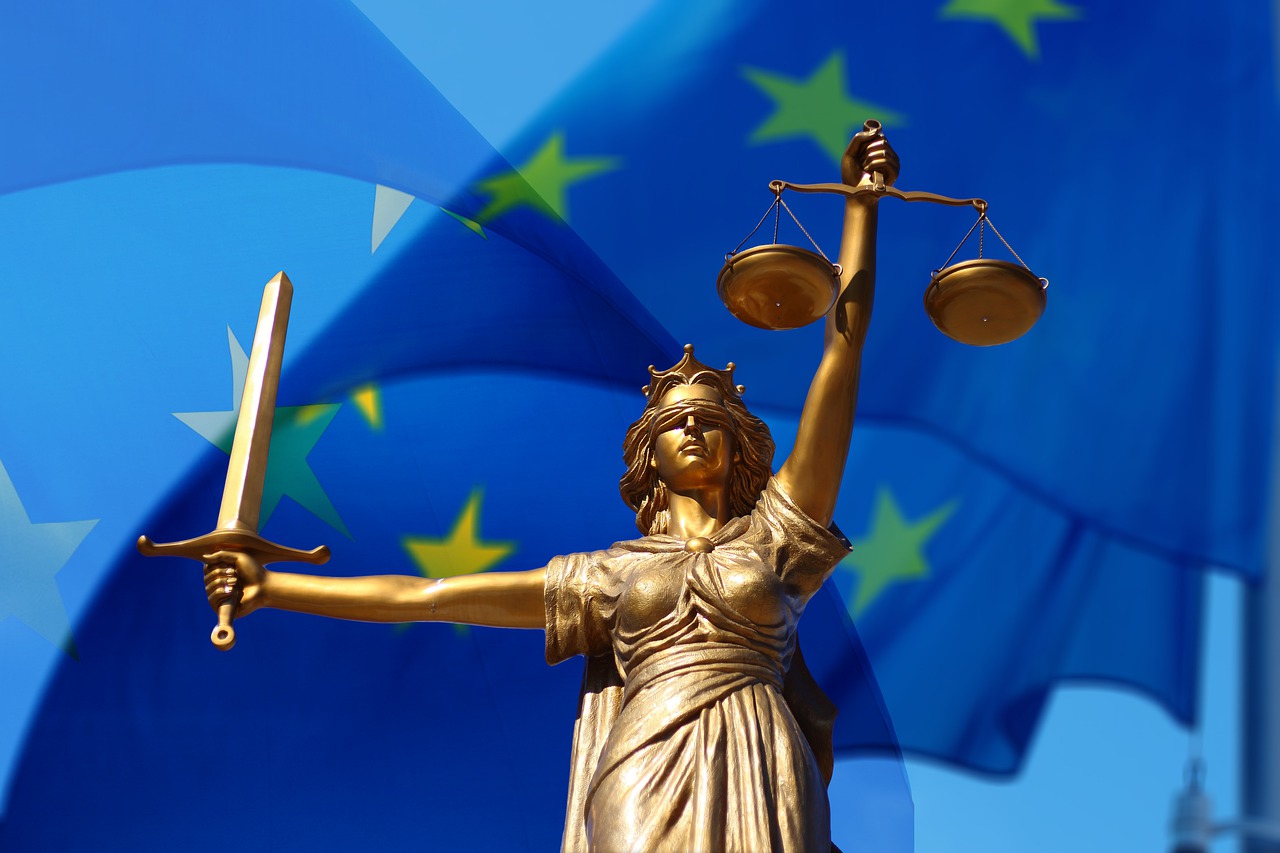European Commission consulting on review of foreign subsidy rules

Law firms have been invited to respond to a European Commission consultation on the EU Foreign Subsidies Regulation (FSR).
As part of its first review of the FSR, the Commission is seeking feedback from interested parties by 18 November 2025.
A public consultation is gathering views on specific elements of the implementation and enforcement of the FSR from all interested parties, like companies, law firms, member states, business associations, individuals or research community.
A separate call for evidence is seeking more general feedback from all interested parties on the main aims of the FSR review report, its scope and context.
At present, the Commission says the review report would focus on:
- the assessment of foreign subsidies that distort the internal market;
- the application of the balancing test (i.e. whether positive effects of the foreign subsidy counterbalance its distortive effects);
- the review of foreign subsidies with a possible distortive effect in the internal market on the Commission’s own initiative;
- the notification thresholds; and
- more generally, the level of complexity of the rules and the costs incurred by businesses.
Teresa Ribera, the Commission’s executive vice-president for clean, just and competitive transition, said: “The first review report will be due in July 2026, three years after the Foreign Subsidies Regulation started applying.
“It will be an opportunity to take stock of the implementation and enforcement of the Regulation so far, and to envisage possible improvements.
“With today’s public consultation and call for evidence, member states and stakeholders can submit their views and help the Commission review its FSR practice, so that it can best address distortions caused by foreign subsidies in the internal market, while minimising the regulatory burden.”
Stéphane Séjourné, executive vice-president for prosperity and industrial strategy, said: “Public procurement accounts for roughly 15 per cent of the EU’s gross national product.
“Given the scale of this figure, Europeans expect that the selection process is fair and not distorted by subsidies coming from third countries. However, monitoring of this objective should be as unbureaucratic and transparent as possible.
“I invite you, as a stakeholder, to take advantage of this opportunity to submit your comments regarding the complexity of the rules, the costs incurred as a result and to share your ideas for a possible simplification.”











